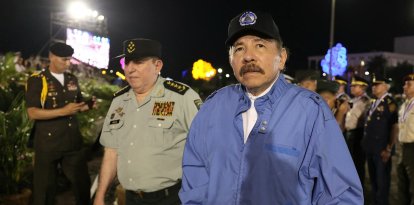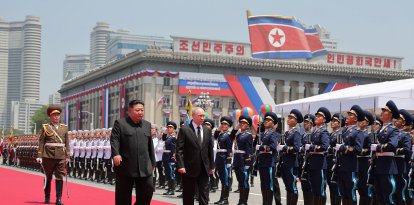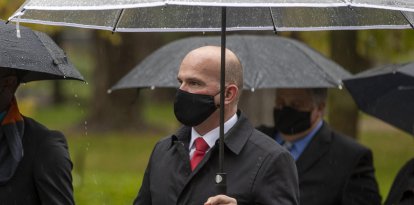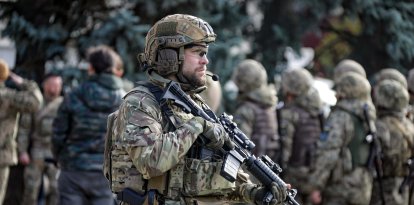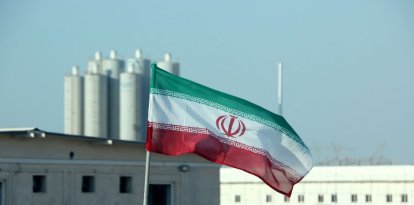Chinese fighter jets activate Taiwan's air defenses
The Taiwanese Ministry of Defense detected the presence of 37 combat planes of Xi-Jinping's army, so they were forced to activate the response protocol.
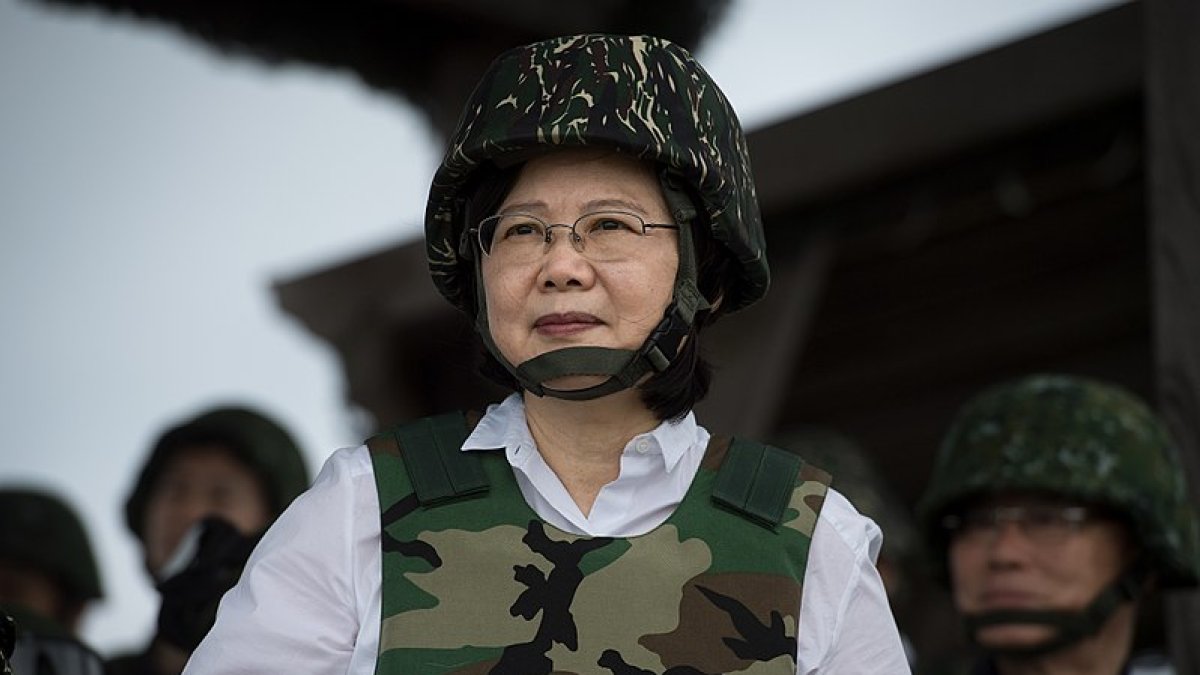
tsai ing-wen/Wikiemedia Commons
Taiwan had to set off alarm bells on Thursday, June 8, when the presence of Chinese aircraft was detected in an air defense zone. The island’s authorities activated the response protocol, deploying its aircraft, warships and land-based missile systems to counter the potential threat from Xi-Jinping’s army.
In total, some 37 aircraft penetrated Taiwan’s airspace, which China has been playing with in recent years, as it considers the island its own territory and has threatened to bring it under control by force.
The situation worried the Taiwanese Ministry of Defense, which quickly detected the potential threat. “Since 0500 (UTC+8) today (Jun. 8), 37 PLA aircraft, including J-11, J-16, H-6, YU-20, and AWACS, have successively entered Taiwan’s SW airspace. Several aircraft entered the western Pacific through Taiwan’s SE airspace for long-range aerial reconnaissance training,” the government said on Twitter.
“R.O.C. Armed Forces are monitoring the situation closely with our ISR system and have dispatched CAP aircraft, naval vessels, and land-based missile systems in response,” they added.
There is speculation that China’s aerial maneuver was related to the recent presence of Laura Rosenberger, president of the American Institute, in Taiwan. This institution is in charge of handling unofficial relations between Washington, DC and Taipei.
“Taiwan is a valued friend and important trade partner and is critical in maintaining peace and stability. There are many ways that we are working together, as you noted in your remarks, to broaden and deepen our partnership together, and I look forward to continuing that work. As I mentioned when I met Taiwanese Americans in New York and Los Angeles, Taiwan is a force for good in the world. So I look forward to working with you and your team in the months and years ahead”, said Rosenberger as she met with President Tsai Ing-Wen.
Beijing continues to intensify its aggressiveness in the region, specifically in the Taiwan Strait: a few days ago, a Chinese naval vessel provoked an American destroyer.
“Fundamentally, this is really about power and political signaling,” Peter Dutton, a professor at the Stockton Center for International Law at the U.S. Naval War College, said.
“The Chinese know the law, they understand the collision regulations, they understand exactly what they’re doing, so it’s unusual in the sense that they are engaging in dangerous behavior in order to send political and power-base signals,” he added in dialogue with The Hill.














